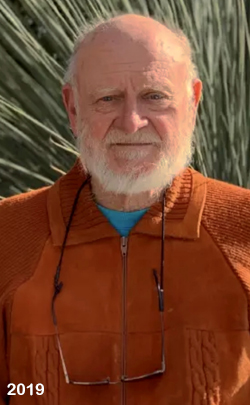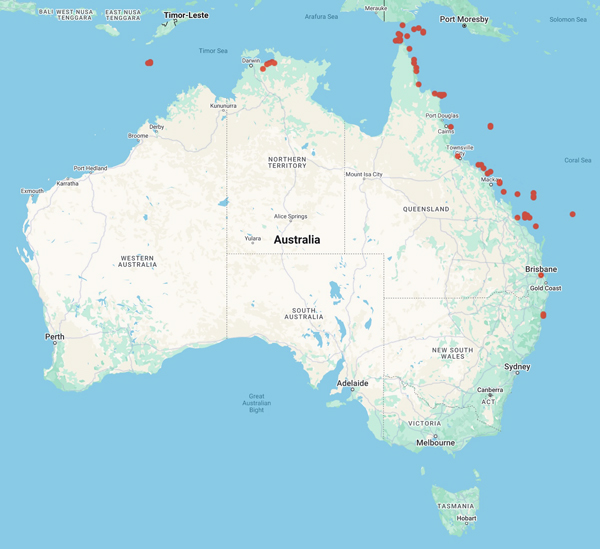
Council of Heads of Australasian Herbaria
Australian National Herbarium
Biographical Notes
 |
Council of Heads of Australasian Herbaria |
 Heatwole, Harold Franklin (1934 - )
Heatwole, Harold Franklin (1934 - )His first PhD (University of Michigan) dealt with habitat use by amphibians, but then he branched out and studied other taxa, mostly reptiles and amphibians, but also ants, tardigrades, and seabirds. He earned a second PhD in Botany with a dissertation on the dynamics of vegetation on coral cays on the Great Barrier Reef of Australia (University of Queensland). He completed his education with a third PhD in Geography (James Cook University) and a DsC (University of New England, Australia).
Professor Heatwole, ecologist and herpetologist, was Adjunct Professor of Zoology at UNE and Professor Emeritus of Biology at North Carolina University.
His expertise extends beyond herpetology, and includes microorganisms, protozoans, invertebrates, fish, birds, mammals, fungi, as well as vascular plants.
A prolific writer, he has authored over three hundred peer-reviewed articles and a total of seven books. He also has edited two multi-volume monograph series, and has served on the editorial board for numerous publications.
His professional service has included serving as president of the Australian Society of Herpetologists, the Great Barrier Reef Committee, and the Australian Coral Reef Society.
His research has taken him to environmental extremes on all seven continents. He has instilled a proper exploratory attitude in his students, encouraging them to broaden their global horizons throughout his career. He has organized field courses at the Great Barrier Reef, the Galapagos Islands, the Namib Desert, and even Antarctica.
On Friday, February 12th, 2019 North Carolina State University faculty & students gathered in the lobby of David Clark Labs to issue a very fond farewell to Dr. Harold Heatwole, who is retiring after 25 years at the university.
Before coming to North Carolina, Dr. Heatwole was a professor at the University of New England in Australia, where his research on the Great Barrier Reef positioned him as the world's preeminent scholar on sea snakes. He is one of the lucky few who have ever survived a sea snake envenomation, fitting considering that he spent more than twenty years studying venomous snakes and their ecology during his time in New South Wales.
Source: Extracted from:
https://ci.lib.ncsu.edu/profiles/halfh
https://www.armidaleexpress.com.au/story/6321818/une-ecologists-discuss-scientific-legacies-at-science-in-club-this-week/
https://www.researchgate.net/profile/Harold-Heatwole
https://pelagicpublishing.com/collections/harold-heatwole
Portrait Photo: Pub. August 11 2019, Armidale Express newspaper.
Data from 1,652 specimens
